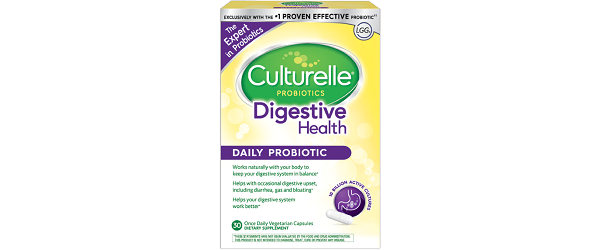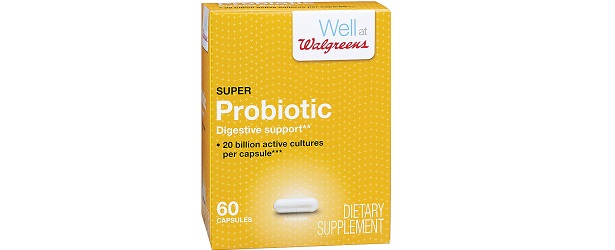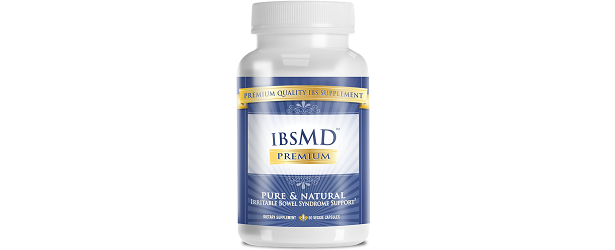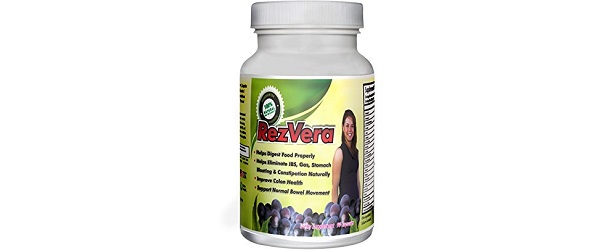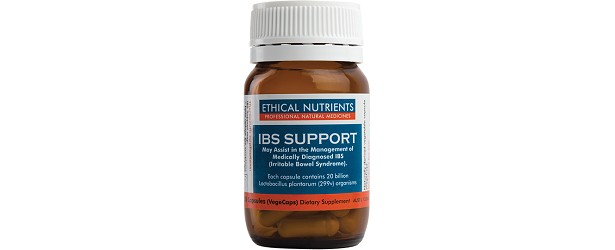
Treating IBS-M
Irritable Bowel Syndrome (IBS) affects millions of Americans and is classified by three types: IBS-C which is with constipation, IBS-D which is with diarrhea, and IBS-M (sometimes referred to as IBS-A which is mixed or alternating diarrhea and constipation. All three types are prevalent, although IBS-M is the most common type of the three. Research shows that most individuals who suffer from IBS will exhibit symptoms of all types at various points over any period of time.
IBS-M is characterized by sharing the symptoms of constipation and diarrhea – that is, feeling both an inability to empty your bowels and then also an urgency to use the bathroom. Symptoms may be experienced in the same day, week or month. With these alternating symptoms, the paramount effect on the IBS patient’s life can be truly disruptive.
To be diagnosed with IBS-M:
- See your doctor if you’ve has IBS-M symptoms for at 3 days per month for at least 3 months.
- Bring a food and stool journal to review with your physician
- Expect stool tests, lab work, and possibly other more invasive tests such as a colonoscopy or endoscopy to rule out others medical problems.
After a diagnosis, you will want to pay attention to the following:
- Watch your water intake and keep track of how much you are drinking throughout the day.
- Research which foods are typically considered to be trigger foods such as dairy products, greasy foods, artificial sweeteners, chocolate, alcohol, and caffeine.
- Identify any trigger foods that appear to contribute to an episode of constipation or diarrhea, and avoid those foods going forward to see if it makes a marked difference.
- Consider how stress may or may not play a factor for you with IBS-M and consider ways to reduce stress and anxiety.
Medications or alternative treatment options may also be recommended as part of addressing IBS-M:
- Antibiotics to positively change the bacteria in your gut
- Antispasmodics to reduce spasms and cramping that may occur with both diarrhea and constipation
- Antidepressants to help reduce stress and anxiety
- Gluten-free diet by eliminating wheat, barley, and rye which is shown to offer relief.
- Probiotics which contain live bacteria which alters the balance of bacteria in your intestines and improve digestion
All types of IBS are anything but straightforward and working with your physician to come up with a definitive diagnosis and treatment plan is important. There is no go-to solution for every person who has IBS and so the importance of documenting your own experience in a permanent journal will help you to identify what may or may not be contributing to having an episode.
Most commonly, IBS patients talk about the benefits of combinations of treatment plans and being open to alternative therapies. A careful balance of treatments is needed to be sure that the addressing one symptom in IBS-M is not a contributing factor in alternating between constipation and diarrhea.
Aiming for regularity is the goal for IBS-M so that your meals, sleep, and entire rhythm of the day are on some type of schedule to set up the optimum circumstances of regulating your bowel movements.
TOP 5
IBSTreatments |
|||||
| IBS Clear | BioGanix BioZyme Digestive Enzymes | Nature's Sunshine Food Enzymes | Herbs of Gold IBS Advanced | Kijimea IBS | |
|---|---|---|---|---|---|
| 1 | 2 | 3 | 4 | 5 | |
| Price (1 bottle) Price (6 bottles) best value |
$49.95 $139.70 |
$45.95 $183.80 |
$39.95 $239.70 |
$39.95 $239.70 |
$42.94 $257.64 |
| Overall Rating | 98.7% | 82.00% | 71% | 64% | 61% |
| Effectiveness |





|





|





|





|





|
| Speed of Results | Extremely Fast | Fast | Good | Average | Slow |
| Quality of Ingredients | Premium | Good | Good | Average | Average |
| Customer Satisfaction Evaluation | 99.50% | 81% | 79% | 72% | 68.2% |
| Safety Evaluation | Safe for Use | Safe for Use | Safe for Use | Safe for Use | Safe for Use |
| Customer Service Rating |





|





|





|





|





|
| Reorder Rate | Highest | Good | Average | Good | Average |
| Return Policy | Risk Free | Unused | Risk Free | Unused & Unopened | No |
| Success Rate | 99.60% | 83% | 77% | 71.20% | 69.2% |

 Subscribe Now
Subscribe Now





